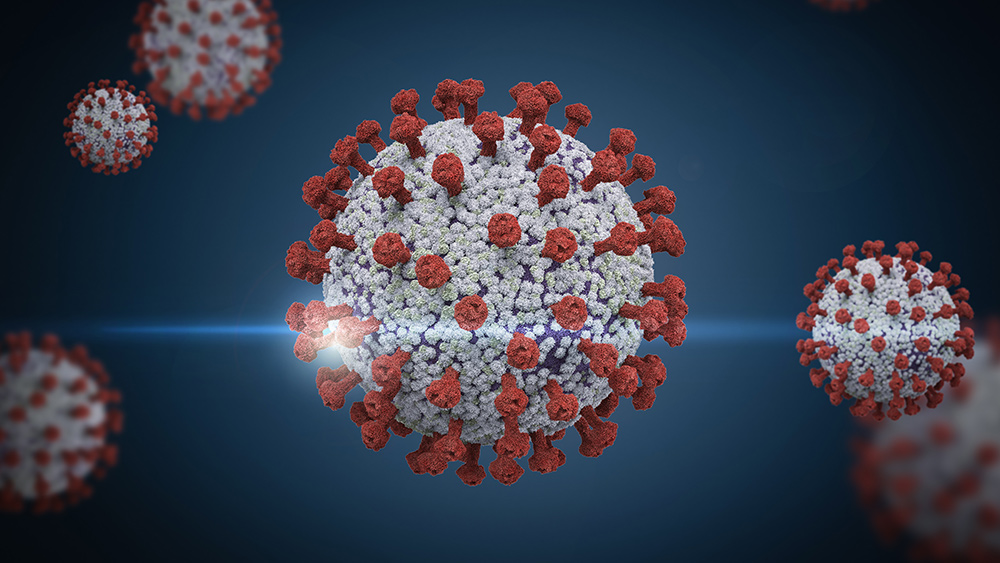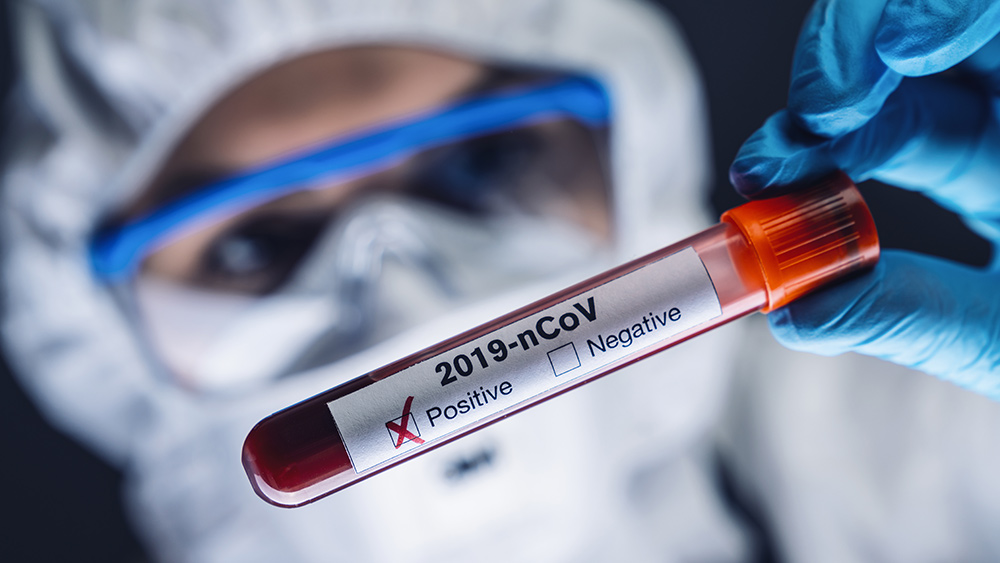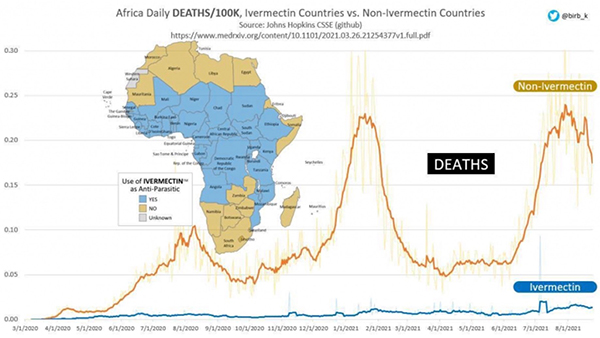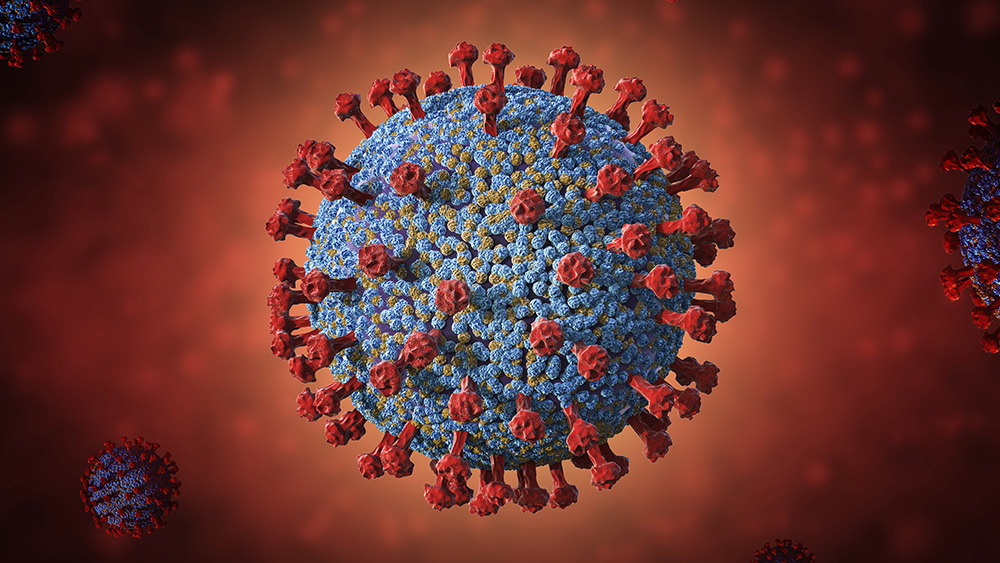Post-vaccine strain? Michigan reports first confirmed case linked to Brazilian P1 coronavirus variant
04/06/2021 / By Ramon Tomey

The state of Michigan reported its first confirmed case linked to the Brazilian strain of the Wuhan coronavirus. A resident in Bay County was found to have the so-called P1 variant, which is believed to be more contagious than earlier variants and can re-infect patients more easily.
Local health authorities reported on April 1 that the first confirmed case was found in the Bay County resident and that they were looking at the person’s exposure history. They informed the infected individual and all his close contacts to quarantine themselves for 14 days. A report by the Centers for Disease Control and Prevention (CDC) said that as of April 5, there were 289 cases linked to the P1 strain in 25 jurisdictions.
Prior to the discovery of the P1 infection, the Great Lakes State previously reported other Wuhan coronavirus variants in its territory. The B117 strain from the U.K. and the South African B1351 strain have also been found in the state – with the British variant already widespread in 51 Michigan counties. According to the same CDC report, the state reported 1,649 cases linked to the B117 variant.
Nick Loman, a microbial genomics and bioinformatics professor at the University of Birmingham, said the P1 variant possesses certain mutations that are “predicted to change the behavior of the virus.” He added that these mutations have also been found in other so-called variants of concern. Loman said these mutations include E484K which undermines the effectivity of antibodies against the virus, and N501Y which is connected to increased transmissibility.
Michigan Department of Health and Human Services Director Elizabeth Hertel expressed concerns about the P1 variant. The director emphasized the need to wear masks, maintain social distance, wash hands and get the COVID-19 vaccine while doing “what works to slow the spread of the virus.” Face coverings are already required in the state and vaccines are also made available to Michigan residents starting April 5.
The P1 variant is causing concern in a number of countries fighting COVID-19
A Guardian report from March 2021 elaborated on the origins of the P1 variant. It was first discovered in the city of Manaus in the northwestern Brazilian state of Amazonas, which led to its nickname the “Manaus variant.” Outside Brazil, the P1 strain was first detected in Japan – latching on to people who came from the capital of Amazonas state. (Related: Another Plandemic? P1 said to be “a different pandemic from the one we saw last year” – Brazil is the target.)
British health authorities raised the alarm bells over the new variant in March 2021, the Guardian piece said. A total of six cases were detected in the U.K. – three in England and three in Scotland.
An article by The Conversation further explained why the P1 strain is of utmost concern. It said that based on evidence, the variant has a higher chance of infecting people who received the AstraZeneca Wuhan coronavirus jab compared to earlier variants. This is because the mutations have reshaped the spike protein on the outside of the virus, making antibodies generated by the immune system unable to bind to it. Thus, the virus skirts immunity generated by vaccines or earlier infections.
However, U.S. News reported that preliminary studies demonstrate the AstraZeneca jab’s effectivity against the P1 strain. Meaning, the existing vaccine does not need to be modified to address the new coronavirus variant. Fiocruz Director Mauricio Zuma confirmed the news on March 8. The Fiocruz research institution serves as Brazil’s public health body.
Meanwhile, another strain of concern emerged from Brazil. The P2 variant was first identified in the city of Rio de Janeiro while a number of cases were also found in Manaus. The P2 strain is widespread in Brazil and is similar to the more contagious P1 variant, but it contains fewer deadly mutations compared to its relative. (Related: Brazil relives the worst of the pandemic as coronavirus cases and deaths surge anew.)
Visit Pandemic.news to read more articles about Wuhan coronavirus variants.
Sources include:
Tagged Under: B117 strain, B1351 strain, coronavirus variants, covid-19 pandemic, E484K mutation, Elizabeth Hertel, infections, Manaus strain, Michigan, N501Y mutation, P1 strain, pandemic, superbugs, Wuhan coronavirus
RECENT NEWS & ARTICLES
COPYRIGHT © 2017 SUPER BUGS NEWS





















